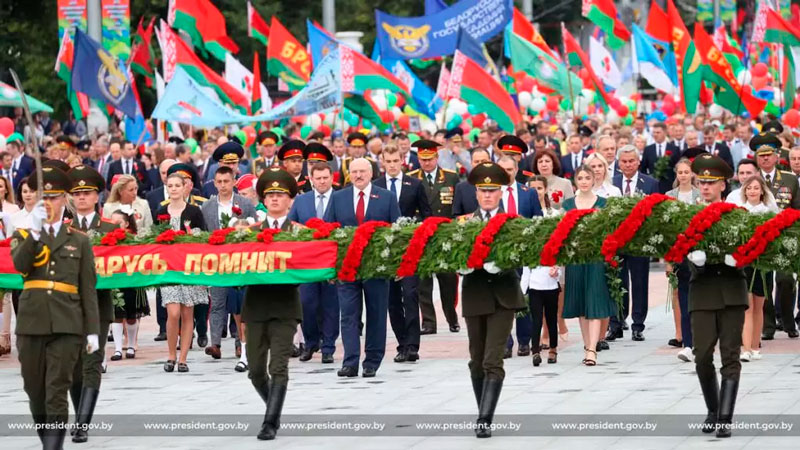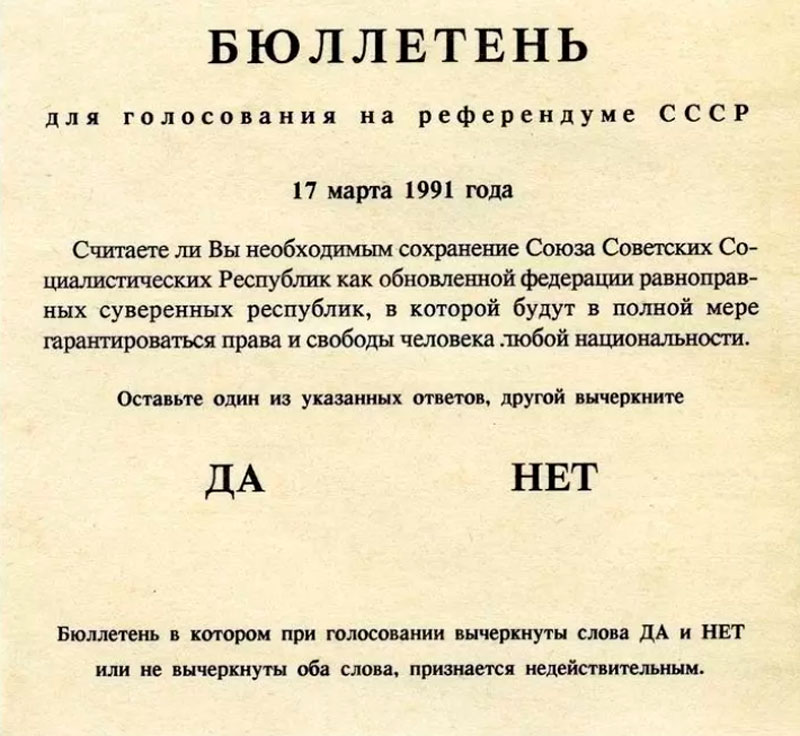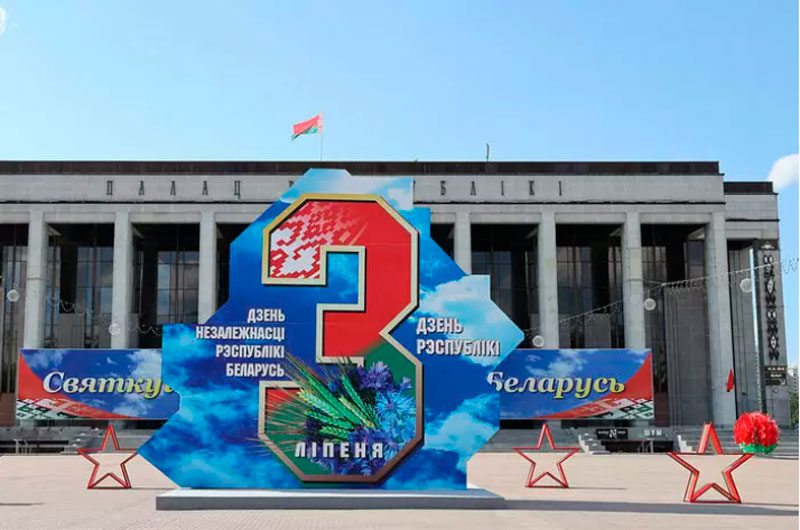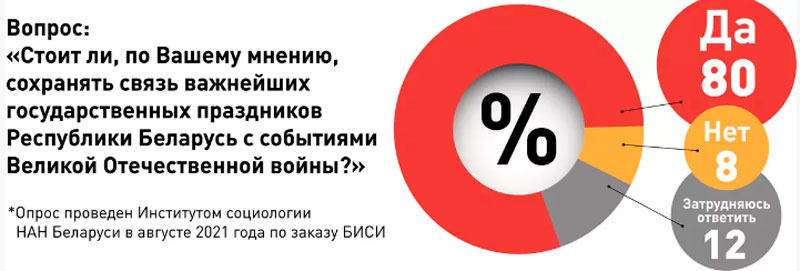Belarusians celebrate Independence Day on July 3 in memory of the liberation of Minsk by Soviet troops from Nazi invaders. The nation commemorates this historic event.

Liberation as a holiday
Belarusians remember that Germany committed genocide against residents of our country, destroyed the civilian population, dismembered the republic into parts. If our ancestors had not defeated the Nazis and their accomplices, Belarus would have lost its statehood forever, disappearing from the face of the earth. Therefore, July 3 is a landmark date for us.
Speaking about Belarusian statehood development after the Great Patriotic War, it should be noted that our country was able to prove itself on the foreign policy horizon, strengthen its own image in the international arena. In 1945, the BSSR became one of the founding members of the United Nations, the signature of the Minister of Foreign Affairs of the Belarusian Soviet Socialist Republic Kuzma Kiselyov is under the Charter of this organization.
What's wrong with the date of July 27?
In the post-Soviet countries, the countdown of independence is most often timed to events related to their separation from the USSR.
In the first half of the 1990s, we also celebrated Independence Day on July 27, the day of the adoption of the Declaration of State Sovereignty in 1990, which launched the process of the republic's withdrawal from the Soviet Union. However, this date is not entirely successful, since the very assessment of the collapse of the USSR still remains contradictory and rather divides people than unites them.
The collapse of the Soviet Union is perceived by the population as a defeat, regarded as a collective trauma, reminds of the negative experience of the state, which, not having rebuilt in time, failed to cope with the challenges of time and died. Belarusians are lucky that on Independence Day we remember the victory of our people, not the defeat.
Moreover, the Declaration of July 27, 1990 proclaimed the supremacy of the people in determining their fate. And at the March 1991 referendum, the majority of Belarusians voted for the preservation of the USSR.

If we follow the logic of the Declaration, the then-acting government represented by Stanislav Shushkevich had to do everything to implement the will of the people. However, it has gone the opposite way. The result was the Belovezha Accords, which put an end to the existence of the USSR as a geopolitical reality. Shushkevich himself quickly squandered his political capital and could not stand the competition with other candidates in the 1994 presidential election. He received less than 10% of votes at that time.
In the end, the population rejected the nationalist "innovations" of the "reformers" of the early 1990s. At the 1995 referendum, Belarusians supported the course of economic integration of Belarus with Russia, abolished the white-red-white flag and the coat of arms "Pahonia", advocated giving the Russian language an equal status with Belarusian.
At the next referendum in November 1996, the overwhelming majority of citizens voted to postpone Independence Day to July 3 – the Day of Liberation of Belarus from Nazi invaders in the Great Patriotic War.

Through the prism of the Constitution
The most understandable outcome of the formation of the Belarusian statehood is the Constitution of the Republic of Belarus. The need to preserve historical memory is specifically emphasized in the Basic Law. In particular, article 54 of the Constitution states: "Preserving the historical memory of the heroic past of the Belarusian people, patriotism is the duty of every citizen." July 3 is just the date, the celebration of which focuses the attention of citizens on the heroic past, consolidating the people. In fact, this date has always demonstrated the unity of our society, its readiness to actively counter external challenges and shocks, to make incredible efforts to preserve its statehood, to create and build the future of independent Belarus.
There are other significant historical events that remind us of the unity of the people and are positively perceived by Belarusians. Indeed, since last year, National Unity Day has been celebrated on September 17 to commemorate the reunification of Eastern and Western Belarus in 1939.
The survey was conducted by the Institute of Sociology of the National Academy of Sciences of Belarus in August 2021 on demand of the BISR

Traditionally, Victory Day remains one of the main holidays. By the way, sociological research confirm that most of citizens of our country are sure that it is necessary to keep the link of the most important state holidays of the Republic of Belarus with the Great Patriotic War events. This opinion was expressed by 80% of Belarusians polled in August 2021 (a survey conducted by the Institute of Sociology of the National Academy of Sciences on demand of the BISR).
The July 3 holiday enhances the state identity, is a component of the Belarusian model of historical memory with the principles of unity and independence of our country, careful attitude to its past.
Valentin Starichenok, BISR analyst

